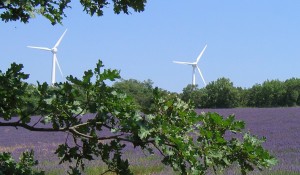
For a while now, it’s been an enduring mystery how so many ostensibly intelligent people can harbor such fantastically reactionary political opinions, believe utter nonsense, vote for incompetent racists, support hatred and bigotry in all its forms. I mean to say, don’t they know any people? Don’t they have friends and encounter strangers, at least once and a while? The great Hannah Arendt explained the relationship between lonely isolation and the inability to think:
Organised loneliness, bred from ideology, leads to tyrannical thought, and destroys a person’s ability to distinguish between fact and fiction – to make judgments. In loneliness, one is unable to carry on a conversation with oneself, because one’s ability to think is compromised. Ideological thinking turns us away from the world of lived experience, starves the imagination, denies plurality, and destroys the space between men that allows them to relate to one another in meaningful ways. And once ideological thinking has taken root, experience and reality no longer bear upon thinking. Instead, experience conforms to ideology in thinking. Which is why when Arendt talks about loneliness, she is not just talking about the affective experience of loneliness: she is talking about a way of thinking. Loneliness arises when thought is divorced from reality, when the common world has been replaced by the tyranny of coercive logical demands.
We think from experience, and when we no longer have new experiences in the world to think from, we lose the standards of thought that guide us in thinking about the world. And when one submits to the self-compulsion of ideological thinking, one surrenders one’s inner freedom to think. It is this submission to the force of logical deduction that ‘prepares each individual in his lonely isolation against all others’ for tyranny. Free movement in thinking is replaced by the propulsive, singular current of ideological thought.
In one of her thinking journals, Arendt asks: ‘Gibt es ein Denken das nicht Tyrannisches ist?’ (Is there a way of thinking that is not tyrannical?) She follows the question with the statement that the point is to resist being swept up in the tide at all. What allows men to be carried away? Arendt argues that the underlying fear that attracts one to ideology is the fear of self-contradiction. This fear of self-contradiction is why thinking itself is dangerous – because thinking has the power to uproot all of our beliefs and opinions about the world. Thinking can unsettle our faith, our beliefs, our sense of self-knowledge. Thinking can strip away everything that we hold dear, rely upon, take for granted day-to-day. Thinking has the power to make us come undone.
Read the whole thing, because it is amazingly perceptive about what we’ve been experiencing for a while. And of course, she got there first. Perhaps the single greatest intellect of the 20th century.


